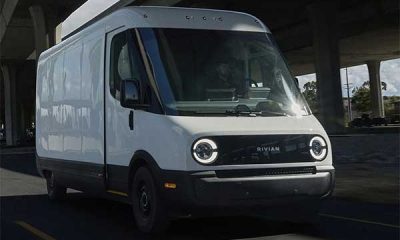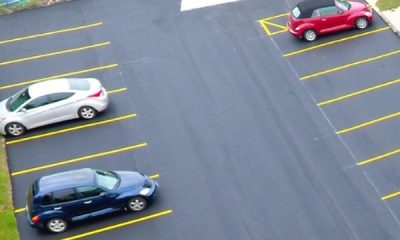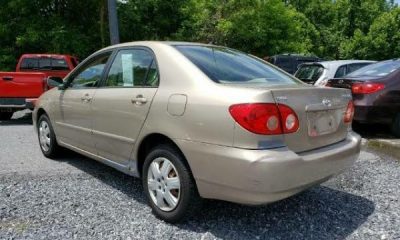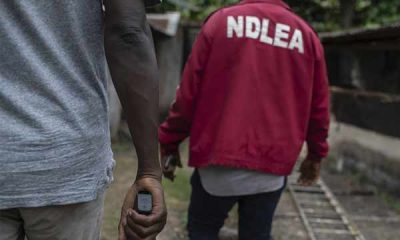
Since he assumed office in 2015, President Mohamadu Buhari has visited Lagos state on two occasions.
Both occasions were at the invitation of the Lagos state government, as led by Governor Akinwunmi Ambode.
During these visits, President Buhari did the honours of commissioning some projects, mostly transport-related projects. The projects were executed by the Lagos state government.
Interesting, Lagos state is yet to enjoy the commissioning of a Federal government project since Buhari assumed the rein of leadership in Nigeria. Hopefully, that would happen before the expiration of his second term in office, as there are some ongoing projects being embarked upon that will directly benefit the state.
Some of these ongoing Federal projects include the reconstruction of the Lagos-Ibadan road project, Lagos-Ibadan rail project, and the Oshodi-Apapa Expressway, etc.
Anyway, here are some projects that President Buhari has commissioned in Lagos state since his emergence as president in 2015.
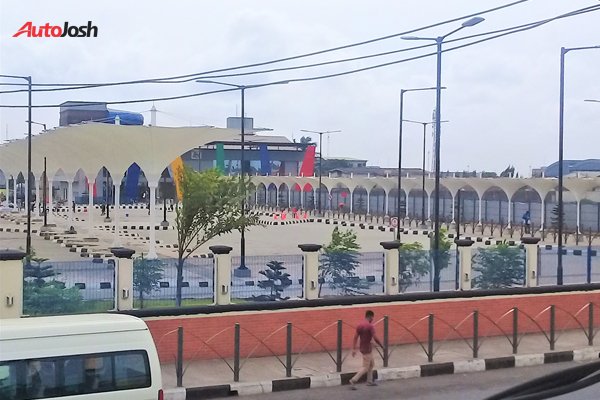
The Ikeja Bus Terminal, arguably, the most ultra-modern bus terminal in Nigeria, was commissioned by President Buhari during his inaugural visit to Lagos.
The Lagos State government developed the Bus Terminal as part of the infrastructures for the Lagos Bus Reforms Project.
The bus terminus will serve as the hub of all transport activities within the Ikeja Zone.
The Ikeja Bus Terminal was designed to serve over 50,000 passengers daily and providing access to many destinations including Ojota, Oshodi, Maryland, Obalende, Agege, Ogba, CMS, Iyana-Ipaja, etc.
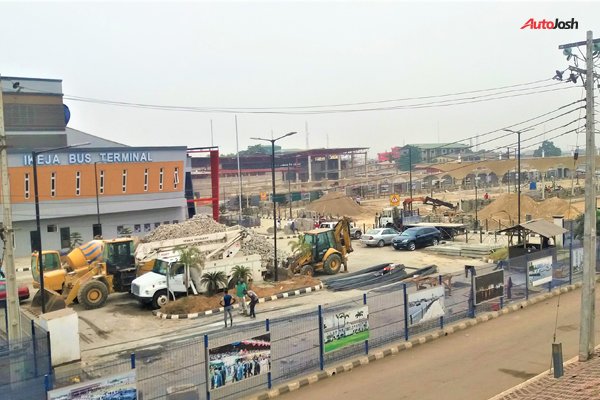
Oshodi Transport Interchange
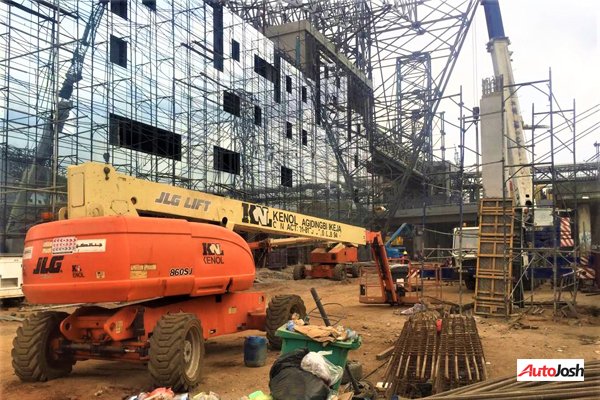
The Oshodi Transport Interchange is part of the process to rebrand Oshodi, with the aim of giving Oshodi an ultra-modern outlook.
This is one of the key legacies that the outgoing governor of Lagos state – Akinwunmi Ambode – would be leaving behind as governor of Lagos state.
The regeneration of the Oshodi axis into a world-class Central Business District (CBD) involves the construction of Transport Interchange.
The Interchange will aggregate all 13 city and interstate motor parks in Oshodi into 3 multi-storey bus terminals.
The three-floor terminals, which will be 30, 000 square meters for each terminal, will take care of the parking and passenger demand.
Terminal One would be for inter-state transport activities. While Terminal Two and Three will cater for intra-city transport activities.
The terminals would have standard facilities including waiting area, loading bays, ticketing stands, driver lounge, parking areas, restrooms, etc.
During his second visit to Lagos on April 24, the president commissioned this massive infrastructure.
Though construction work is still ongoing at the Oshodi Transport Interchange, however, it is expected that it would be completed in good time before May 29.
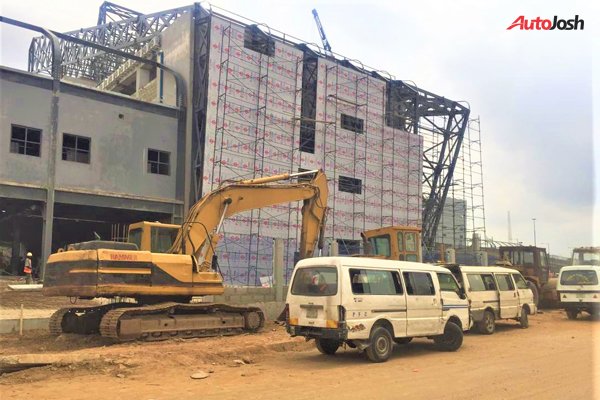
Oshodi-Airport Road
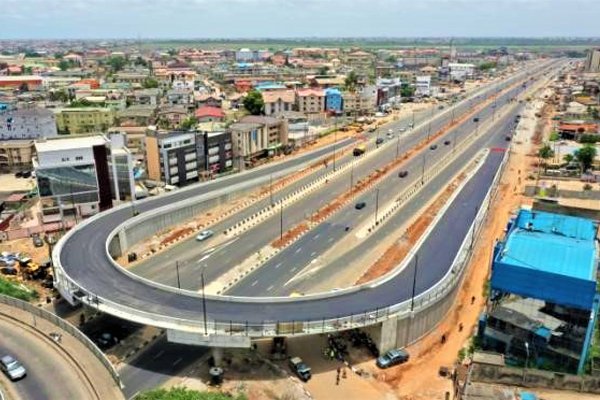
Though a Federal road, the Oshodi-Airport road project is being handled by the Lagos State government.
The Oshodi-Airport road is a gateway into the country. It connects Murtala Muhammed International Airport (MMIA), Lagos to the Oshodi axis of the state. The road offers first-time visitors to Nigeria their earliest impression of the country.
For decades, the road has been in an atrocious condition – one that begged for urgent attention
In the spirit of the regeneration and urbanization of Lagos state by the Ambode-led administration, work began on the project in September 2017.
The project is intended to transform the road from 4 lanes to 10 lanes from Oshodi to the International Airport.
The road will also feature an interchange and flyover that would drop commuters to the Local Airport.

820 Mass Transit Buses
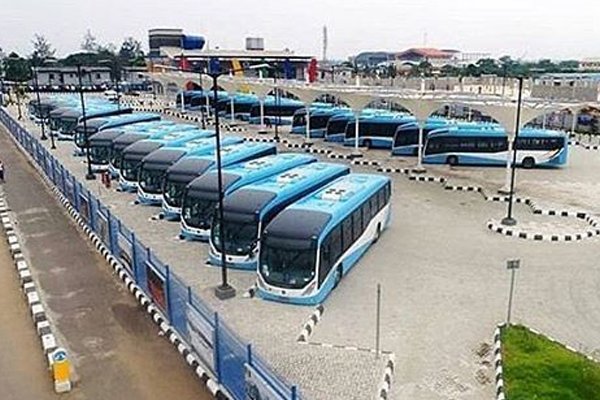
During the President’s second visit, he commissioned a fleet of mass transit buses. These buses are an integral part of the Bus Reform Project of the Governor Ambode-led government.
This mass transit mechanism is intended to aid Lagosians in planning their journeys. This initiative will also make public transportation in the state globally competitive.
These buses are part of the first batch of 820 buses out of the 5000 buses being proposed for the bus Bus Reform Project.
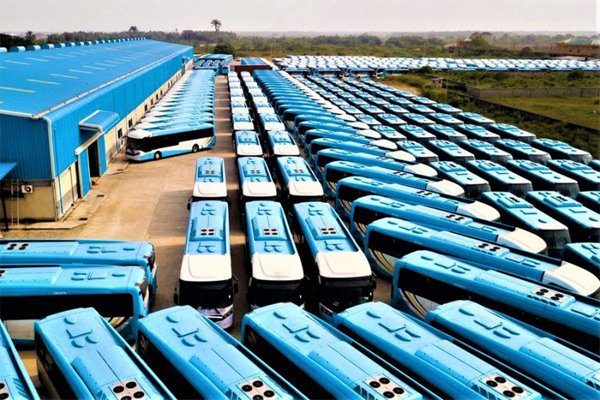

 News1 week ago
News1 week ago
 News6 days ago
News6 days ago
 Celebrities Auto6 days ago
Celebrities Auto6 days ago
 News4 days ago
News4 days ago
 News1 week ago
News1 week ago
 Concept Cars6 days ago
Concept Cars6 days ago
 News5 days ago
News5 days ago
 Celebrities Auto5 days ago
Celebrities Auto5 days ago












